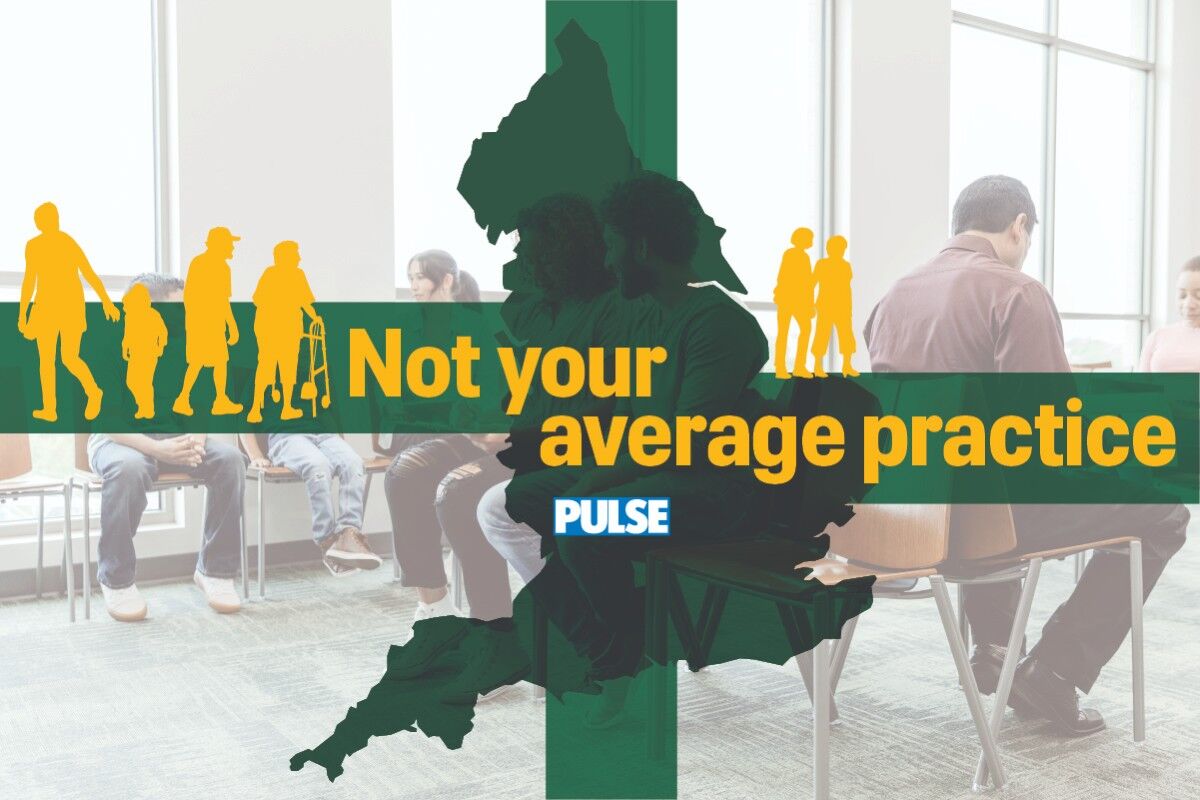Practices are set to screen tens of millions under a new national diabetes prevention programme rolling out from next year, as public health officials claimed as many as five million people in England are at high risk of developing type 2 diabetes and should be referred for exercise and dietary advice.
The figures come from an analysis of Health Survey for England (HSE) data, which concluded around 11% of the population has ‘non-diabetic hyperglycaemia’ and are therefore at high risk of the condition.
Public Health England (PHE) said its new prevention programme – which aims to get GPs to refer high-risk patients for dance and cookery classes – should cut the number of these high-risk people who subsequently go on to develop type 2 diabetes by a quarter.
However, GP critics questioned the evidence behind the new estimates and restated their concerns the programme would put too much focus on a medical intervention approach rather than tackling wider issues, such as tightening regulation of food and drinks industries.
PHE, in collaboration with NHS England and the charity Diabetes UK, launched the NHS Diabetes Prevention Programme (NHS DPP) earlier this year, citing studies that found intensive lifestyle change programmes can cut the incidence of diabetes by 30%-60%. As part of the scheme, NHS England is looking at introducing contractual incentives for GPs to screen patients for diabetes risk.
To provide ‘up to date, accurate and robust’ figures on how many people the programme will target, advisers have now published an independent analysis of HSE data that showed 10.7% of people in England have non-diabetic hyperglycaemia, defined as HbA1c levels in the range 6.0%-6.4%.
And in a review of the evidence for prevention approaches, PHE said that programmes ‘similar to the NHS DPP’ can prevent 26% of these people at high risk from going on to develop type 2 diabetes.
Related stories
GPs can only do so much – we need legislation against sugar
Screening the masses: GPs set for contractual incentives to measure diabetes risk
GPs set to screen millions as NHS England launches new diabetes prevention strategy
PHE plans for the national scheme to roll out to 100,000 patients each year from next year and is currently inviting CCGs to take part in the first wave of the rollout.
Professor Jonathan Valabhji, national clinical director for diabetes and obesity at NHS England, said: ‘There are too many people on the cusp of developing type 2 diabetes and we can change that.
‘The growing body of evidence makes us confident that our NHS Diabetes Prevention Programme will reduce the numbers of those at risk going on to develop the debilitating disease.’
However, GP critics said the programme would not necessarily translate into better outcomes.
Dr Eleanor Barry, a practising GP and research fellow at the National Institute of Health Research, who along with Professor Trish Greenhalgh, professor of primary care health sciences at the University of Oxford, has already expressed concerns about the NHS DPP,said: ‘What proportion of these patients have conditions such as arthritis or chronic pain which would prevent them from engaging in a physical activity programme?’
Dr Barry added that the ‘type 2 diabetes incidence reduction of 26% must be interpreted with caution’.
Dr Andrew Green, chair of the GPC’s clinical and prescribing subcommittee, agreed the aim of reducing diabetes was ‘by no means certain, given the disappointing results so far of studies looking for benefits of screening for diabetes’ and that the Government needed to ‘have the courage and will to take on the drivers of the obesity epidemic, which include powerful lobbies in the food and drink industry’.









